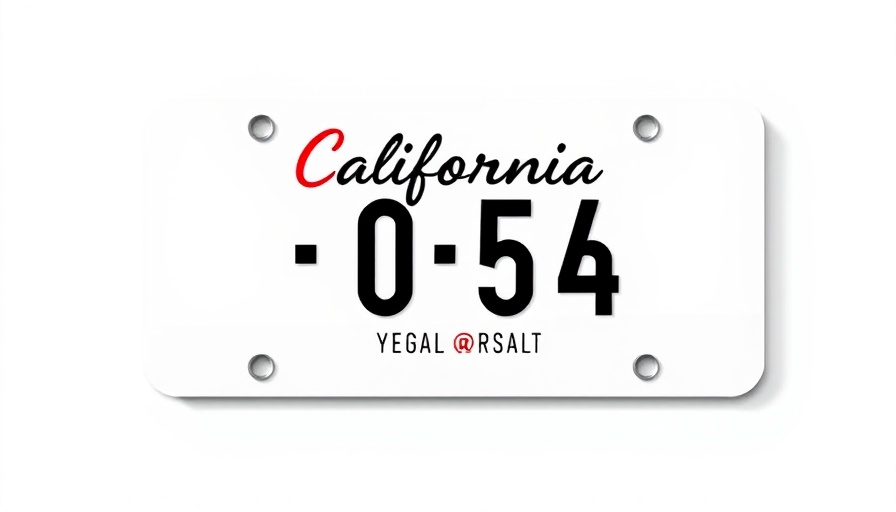
Global Tariffs: A New Wave of Challenges for Auto Dealerships
As the automotive landscape shifts under the waves of tariffs and changing consumer preferences, the potential 25% tariffs on vehicles imported from Canada and Mexico, set to take effect on February 1, 2025, are raising concerns across the industry. These tariffs, advocated by former President Trump as a means of promoting domestic production, could significantly impact auto prices, supply chains, and dealership operations. Dealership principals and general managers must evaluate their strategies in response, forecasting how these economic pressures will affect the market.
The Surge of Electric Vehicles and Market Volatility
Alongside the tariff uncertainty, the surge in electric vehicle (EV) orders introduces further complexity. With manufacturers pivoting to meet the rising demand for EVs, finding ways to balance inventory levels, customer outreach, and sales strategies becomes crucial. This transition, although progressive, poses risks of saturation in some segments of the market, leading to even more unpredictability for dealerships aiming to maintain profitability amid changing consumer preferences.
Historical Context: Lessons from Automotive Cycles
The automotive industry has weathered numerous cycles of economic challenges—each with its own unique pressures and transformations. From the 2008 financial crisis that prompted a significant industry contraction to the rise of more environmentally conscious consumerism, historical insights remind dealers to prepare for unexpected pivots. Analyzing past performance, understanding the implications of tariffs, and projecting potential shifts in the economy could provide dealerships with a strategic advantage as they navigate the current environment.
Data-Driven Decision Making: Navigating the Future
In this volatile landscape, leveraging data analytics can be the differentiator for dealerships looking to optimize their operations. By utilizing customer data, sales trends, and market analysis, dealerships can anticipate shifts in consumer demand more accurately. This proactive approach can help in aligning inventory with customer preferences, ensuring vehicles on the lot match the evolving landscape without overextending resources.
Building Relationships: Curbing Market Uncertainty
As the auto market grapples with the implications of tariffs and the transition to electric vehicles, building strong customer relationships remains paramount. Establishing trust and consistent communication with clients can lead to increased loyalty, even during uncertain times. Dealerships can enhance their customer service by personalizing experiences and addressing consumer concerns regarding pricing and vehicle choice, thus retaining a competitive edge.
 Add Row
Add Row  Add
Add 




Write A Comment